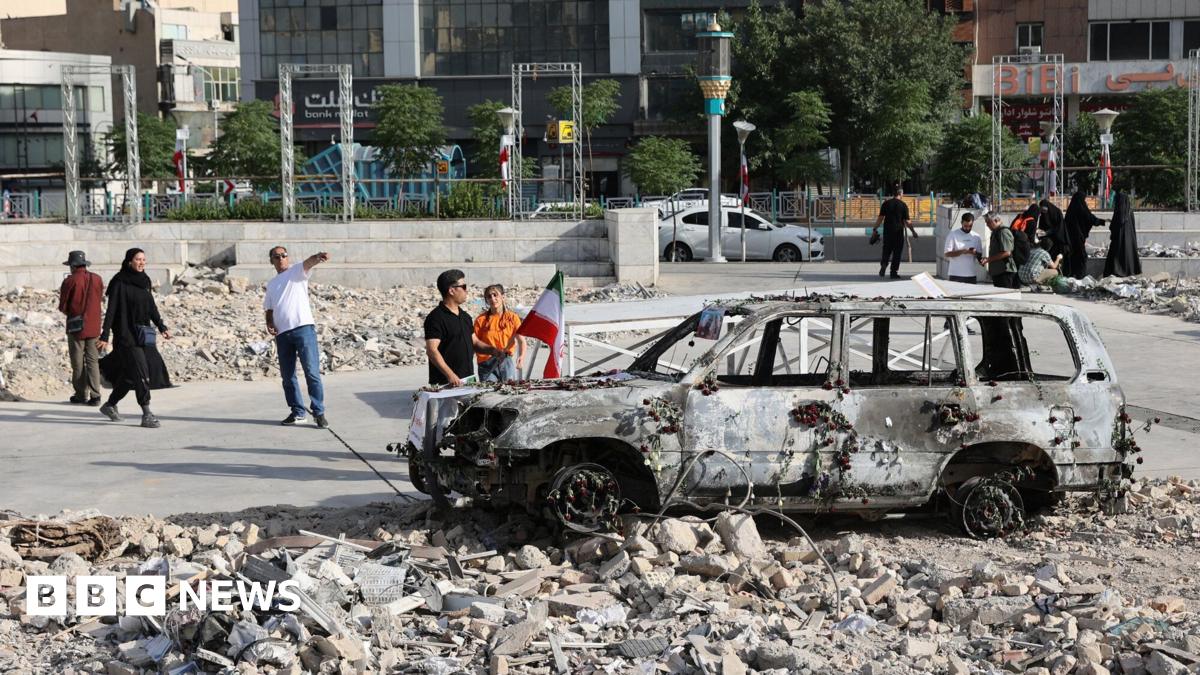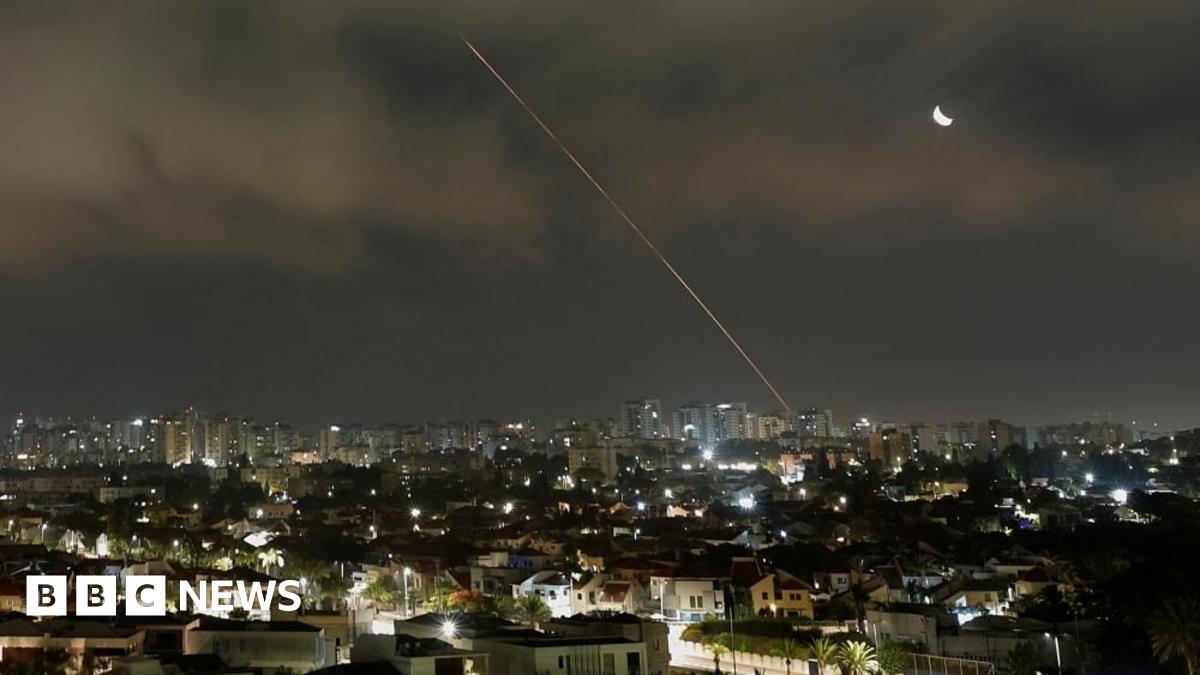Fordo Nuclear Facility Crippled: UN Watchdog Confirms Centrifuges Out of Service Following US Strikes

Tehran, Iran – In a stunning development, the International Atomic Energy Agency (IAEA) has confirmed that centrifuges at Iran's Fordo nuclear facility are no longer operational, following recent strikes attributed to the United States. IAEA Director General Rafael Grossi made the announcement in an interview with French radio, stating there was “no escaping significant physical damage” to the facility.
The Fordo facility, located deep underground and heavily fortified, has long been a source of international concern due to its potential for uranium enrichment. Its construction, concealed from the IAEA for years, was revealed in 2009, adding to tensions surrounding Iran's nuclear program. The facility's location, built within a mountain, was specifically designed to withstand aerial attacks, making it a challenging target.
Grossi's remarks suggest the U.S. employed specialized “bunker-buster” bombs in the attack, capable of penetrating hardened structures. While the U.S. has not officially claimed responsibility for the strikes, the IAEA's assessment of the damage strongly implies a deliberate and impactful operation.
Impact on Iran's Nuclear Program: The cessation of operations at Fordo represents a significant setback for Iran's nuclear ambitions. Although the facility's exact role in the broader program remains a subject of debate, its shutdown substantially reduces Iran’s enrichment capacity. Experts suggest this could delay, though not necessarily eliminate, Iran's ability to produce weapons-grade uranium.
The timing of the strikes is particularly noteworthy, occurring amidst heightened geopolitical tensions in the Middle East and as negotiations surrounding the Iran nuclear deal (JCPOA) remain stalled. The incident is likely to further complicate diplomatic efforts and could escalate regional instability.
IAEA's Role and Future Monitoring: The IAEA is currently assessing the full extent of the damage and working to determine the long-term implications for Iran's nuclear program. Grossi emphasized the agency’s commitment to maintaining robust monitoring and verification activities in Iran, despite the challenging circumstances. The IAEA will need to ensure continued access to relevant sites and information to fulfill its mandate.
International Reactions: The news of the Fordo facility's damage has been met with mixed reactions globally. While some nations have expressed concern over the escalation of tensions, others have welcomed the action as a means of curbing Iran's nuclear capabilities. The United Nations Security Council is expected to discuss the situation in the coming days.
The long-term consequences of this event remain to be seen. However, the confirmed damage to Fordo and the halt of its centrifuge operations mark a pivotal moment in the ongoing saga surrounding Iran's nuclear program and its relationship with the international community. The world watches closely as the situation unfolds, hoping for a peaceful resolution to the escalating tensions.






